One Last Thing
Chapter Eleven
 To understand how one passion can give way to a life of meaning, look no further than Myia Antone.
To understand how one passion can give way to a life of meaning, look no further than Myia Antone.
“I’ve learned how much knowledge rests inside of me. Calling myself a knowledge keeper is really scary and really daunting. So, when I think about knowledge, I think about if you hold knowledge, it’s your responsibility to share that knowledge with everyone, especially your community.
“But throughout these couple of years, I’ve really learned how much knowledge I already have about protecting the land and being a part of the land and being a part of my community, even though I didn’t grow up with my culture. And when I think of how much time I will have to learn more and share more, I think, hopefully, it’ll have a really good impact on my community.”
And Myia has a lot to share, a lot to do. She’s the founder of Indigenous Women Outdoors and is working to help members of her community reconnect to their culture by helping the land that connects us all.
“As Sḵwx̱wú7mesh peoples and Indigenous peoples, we’ve never lost our connection to the land. And it’s not about reconnecting, but for me it’s about holding up a space where people feel welcome and feel safe to come back to the land.
“I think for a sustainable future – the one that I picture and the one that I dream of – is very much a world and a community of everyone working together and loving the land and making every decision from a place of hope and respect.
“And not just hope and respect for us as human beings, but for our relatives and the plants and the animals in the spirit world, because a lot of the time decisions are made without their consent.”
Myia’s efforts are very personal, as she explains.
“I didn’t grow up with my culture, and I think about this every day, really. I didn’t grow up with my Sḵwx̱wú7mesh culture, but I grew up on my traditional territory, so I grew up on the land. And that is really what has connected me to my community, having the such a deep connection to the land and to the water has impacted me (and kept me connected).”
 It’s why Myia encourages all of us to look for our place in the world – our physical connection to the land and our cultural heritage. Myia believes in the doing, we’ll discover what matters and find hope that better tomorrows are possible for all.
It’s why Myia encourages all of us to look for our place in the world – our physical connection to the land and our cultural heritage. Myia believes in the doing, we’ll discover what matters and find hope that better tomorrows are possible for all.
“I definitely surround myself with amazing Indigenous women every day who inspire me to do better and who are doing better themselves. I definitely live in this world where everyone is coming up with solutions and thinking positively and optimistically about the future.
“I do live in this bubble of hope and I like to stay here because I feel like if I didn’t have hope, I probably wouldn’t be doing what I’m doing right now. If I didn’t have hope, I’d feel like there’s no point in being an educator; there’s no point living in a city where there’s so many opportunities to connect with different types of people.”
Myia adds, “I have hope and I think that hope is grounded in knowing how powerful Indigenous communities are. And when I think of my journey and my story, it’s only been a couple of years that I’ve been looking more into who I am and where I come from, and I feel so much more powerful already. And I know it’s the same story for a lot of people that are coming back to their culture and coming back to their land and to their ancestors.
“I do have hope that I think more people will celebrate our culture and our teachings with us.”
And Myia wishes she knew what really mattered when she was 15.
“I wish I had known that my future doesn’t depend on the grades that I got. I think I put so much emphasis on school – that was my ticket out of the situations that I was in. But if I put so much more energy and love into reciprocal relationships, and understanding that there’s so many people who can help me and I can help, I’d realize it doesn’t depend on the grades that I got in school. And it doesn’t depend on the university that I got into. Because I went to school and it was really great, but it wasn’t great for the classrooms and the degree that I got; it was amazing because of the relationships that I formed.
“When I was 15, I wish I had thought about how can I be creating and embracing reciprocal relationships at that age with myself. That’s a really important relationship I was not thinking about at 15, but also a reciprocal relationship with my community, with my family and with the land. I wish I had gone out and listened to the stories of the land a lot more.”
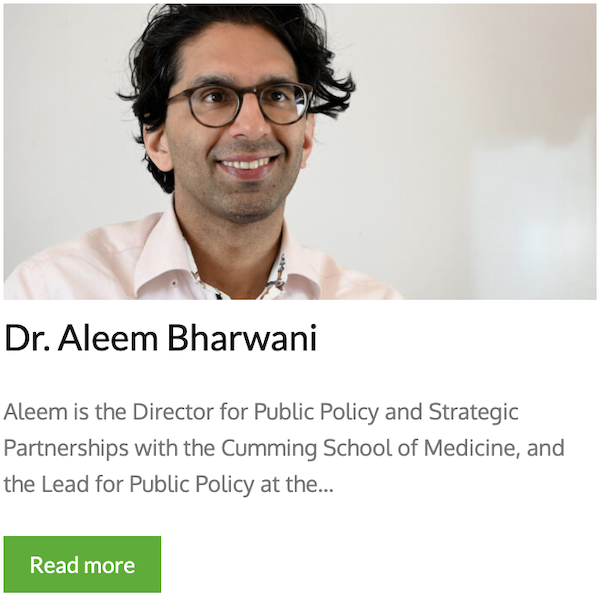 Dr. Aleem Bharwani agrees. He knows why grades can matter, but he also knows why learning other, bigger, more universal truths matters as well.
Dr. Aleem Bharwani agrees. He knows why grades can matter, but he also knows why learning other, bigger, more universal truths matters as well.
“From a very personal perspective, in Islam, the purpose of education is to marvel at creation and to serve humanity. And, again, humanity cannot be disentangled from nature and from the environment in which you reside. And, so, it’s both a humanist imperative and an Islamic imperative to serve and honor nature and discovery and understand how those meld together.”
Aleem is the Director of Public Policy at the University of Calgary’s Cumming School of Medicine and is also, in every sense, a community builder.
Aleem believes we’ll all go further – individually and collectively – if we find ways to give voice to what we believe.
“The idea of academia, the idea of private citizens driving change, based on what they know to be true and real and just internally, is something that we need to be nurturing.”
How did Aleem nurture his desire to do good? How did he carve out a career of meaning? Was it a grand plan or a simple matter of happenstance?
“I would think in the future, ‘I wonder if we did this’, or, ‘it’d be cool if I did that’. I would find people or situations inspiring, but I wouldn’t say I had a unique dream or some very clear perspective of where I’m going to go and what I’m going to do. I had a sense of that ‘I like to do this; I want to do this.’ I worked hard to do those things, but ultimately, I just discovered different parts of me.”
It’s for that reason that Aleem shares this piece of advice from one of his mentors.
“You have this flask of liquid and every time you’re pouring something in from the top, let something go from the bottom. And, so, at any given time, always be 80 percent full so you can always let something new come in from the top – some new ideas, some new area of interest. But then always decant something that you’re least interested or involved in. That way, at any given point, you’re always doing and going in a direction that is very much aligned with exactly who you are and what you enjoy and what interests you.”
Aleem adds that “over time, you find paths, you find opportunities, you find people and communities that really link with who you are and what you’re good at and what you want to be doing.
 “I don’t know that there’s a grand and master plan that everyone should have. I think visioning 25 years ahead is a good idea. But I don’t think you need to be beholden to it. I think you should allow yourself to do that exercise so that you’re thinking long-term, but then be agile through the moments. Because what you might find is that your long-term vision really captured who you were, but in a different space or different shape or a different form.
“I don’t know that there’s a grand and master plan that everyone should have. I think visioning 25 years ahead is a good idea. But I don’t think you need to be beholden to it. I think you should allow yourself to do that exercise so that you’re thinking long-term, but then be agile through the moments. Because what you might find is that your long-term vision really captured who you were, but in a different space or different shape or a different form.
“And, so, that exercise is good to get to know yourself, but then stay agile. Agile without being flippant. Be discerning, be thoughtful, but allow yourself new experiences and new opportunities so that you are, at any given moment, exactly where you ought to be and with interesting people.”
And even though Aleem is grateful for where life has taken him, looking back on his journey, he tells us he still wishes he trusted himself more when he was young – when he was 15.
“I think people talk about being confident, the notion of being confident. But it’s like saying: ‘Be good looking’. It comes from a sense of self, a sense of trust in yourself. And I know some people talk about failures. ‘Where have you failed? What have you learned?’ And I think it’s healthy to learn. But I don’t know if it’s healthy to keep labeling where you failed and didn’t fail.
“Just constantly be growing and learning about yourself and knowing where you do well. And then where things didn’t go where you wanted them to go, or where you thought you had something to learn, learn from it.
Aleem summarizes that he wishes he knew how important it is to “learn without punishing yourself. Learn without feeling bad or guilty. Be hard on yourself so that you can be ambitious for yourself and be ambitious for the community in which you live. But don’t hurt yourself. Don’t be hard on yourself in a punitive way.
“So, I think confidence is really about speaking to notions of growth mindset. Allow yourself to grow, allow yourself to learn, and know everything will be okay.”
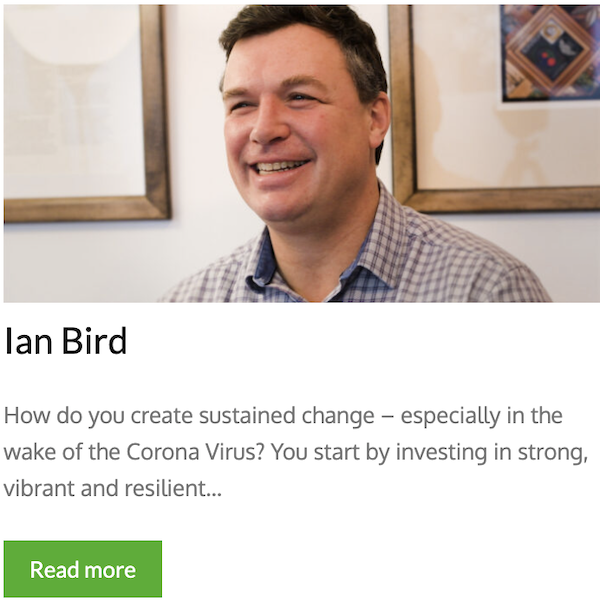 Proof and point: Ian Bird.
Proof and point: Ian Bird.
Ian’s journey began as an Olympic athlete, but he quickly realized the lessons he learned from sport could allow him to have an impact on a much larger scale and on a variety of issues.
“Something surfaced for me, that was available to me, and a door opened. I did that in the sports world and that opened up all sorts of things. And then someone invited me into something and I said yes and committed to it and got involved and participated to the best to my ability. And having done so, I came out with all sorts of opportunities that were to make a difference which I was always motivated by. And also, things that then provided rewards and encouragement to me and those that were close to me.”
Ian’s story can be your story.
“There used to be this – maybe it was artificial, even at the time – a path for a young person that involved school and then from school to the next level of education or their first apprenticeship. And if you followed that path, there was a career at some point and then a set of attributes of a life that was an aspiration.
“That’s not so much the pattern anymore. There are so many other ways to explore life. There are so many other ways to live.”
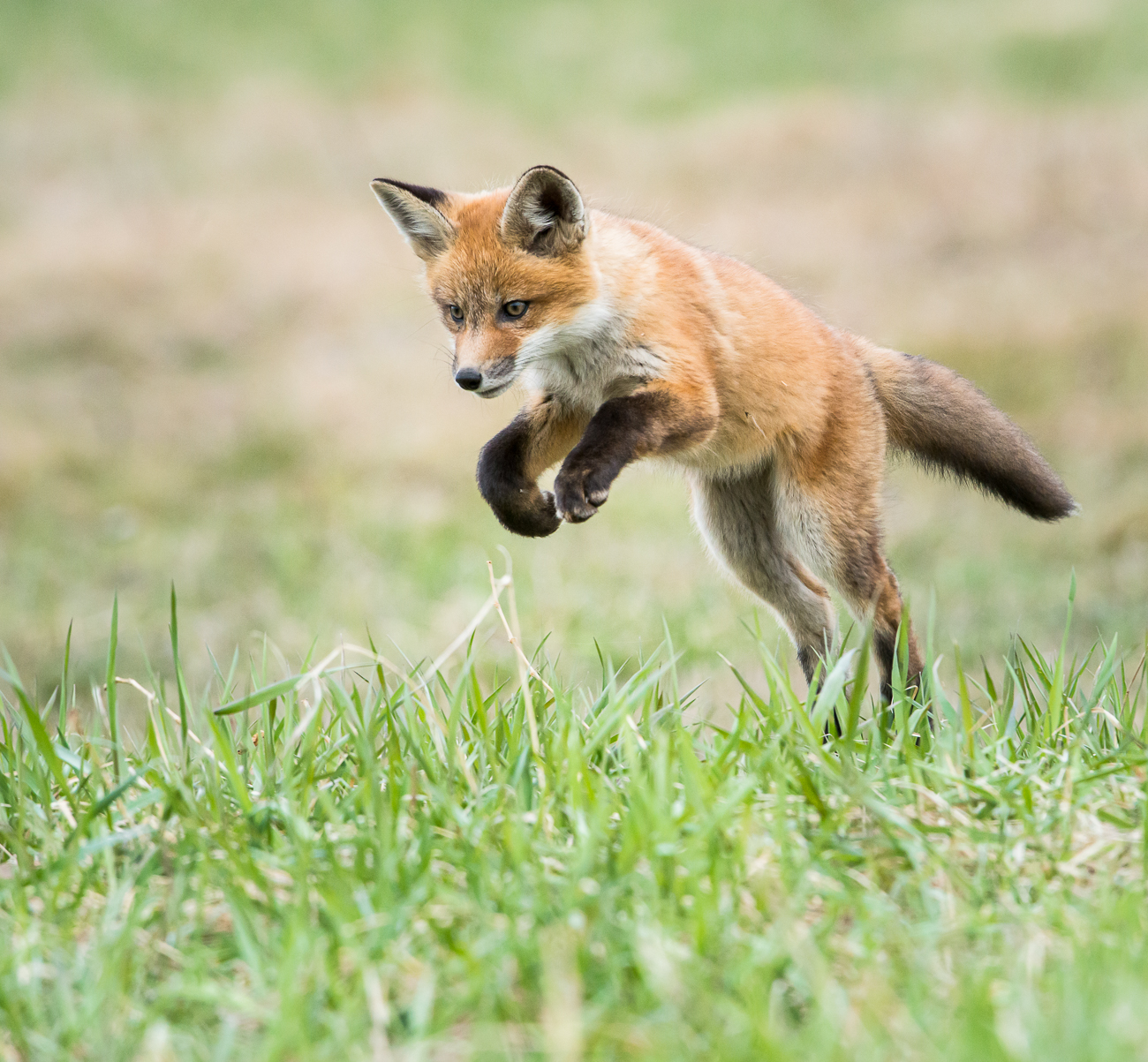
Indeed. And that’s why what you’ve accomplished in this class can be more than a grade or a lesson learned, but a springboard to the next opportunity.
Ian – the former CEO of Community Foundations of Canada and a global adviser on philanthropic endeavours – argues that no matter where you live, there’s support available to amplify your idea and take it further.
“We have 191 to these foundations all across Canada. Community foundations, especially when they work with young people, can quickly identify what a barrier is, and then solve that barrier. And sometimes it’s the simple things around transportation or just exposure. Sometimes people aren’t aware of what’s so nearby.”
Ian tells us that “the best ideas come from young people, when they can identify the ways in which lands, waters, ecosystems can be safeguarded. When they do that, they can instantly connect with others who want to both support the goal, but also support young people in their leadership. And some of the stuff that we like the most is when you see the uniqueness of the natural environment showing up in the ideas.
Ian’s advice?
“The best thing is just that young people bring forward their ideas. Almost every community foundation has a gateway, or a path, for young people to say: ‘I’ve got an idea that needs a little bit of support. Can you help us to get this off the ground and connect us to others who can help us be successful?’”
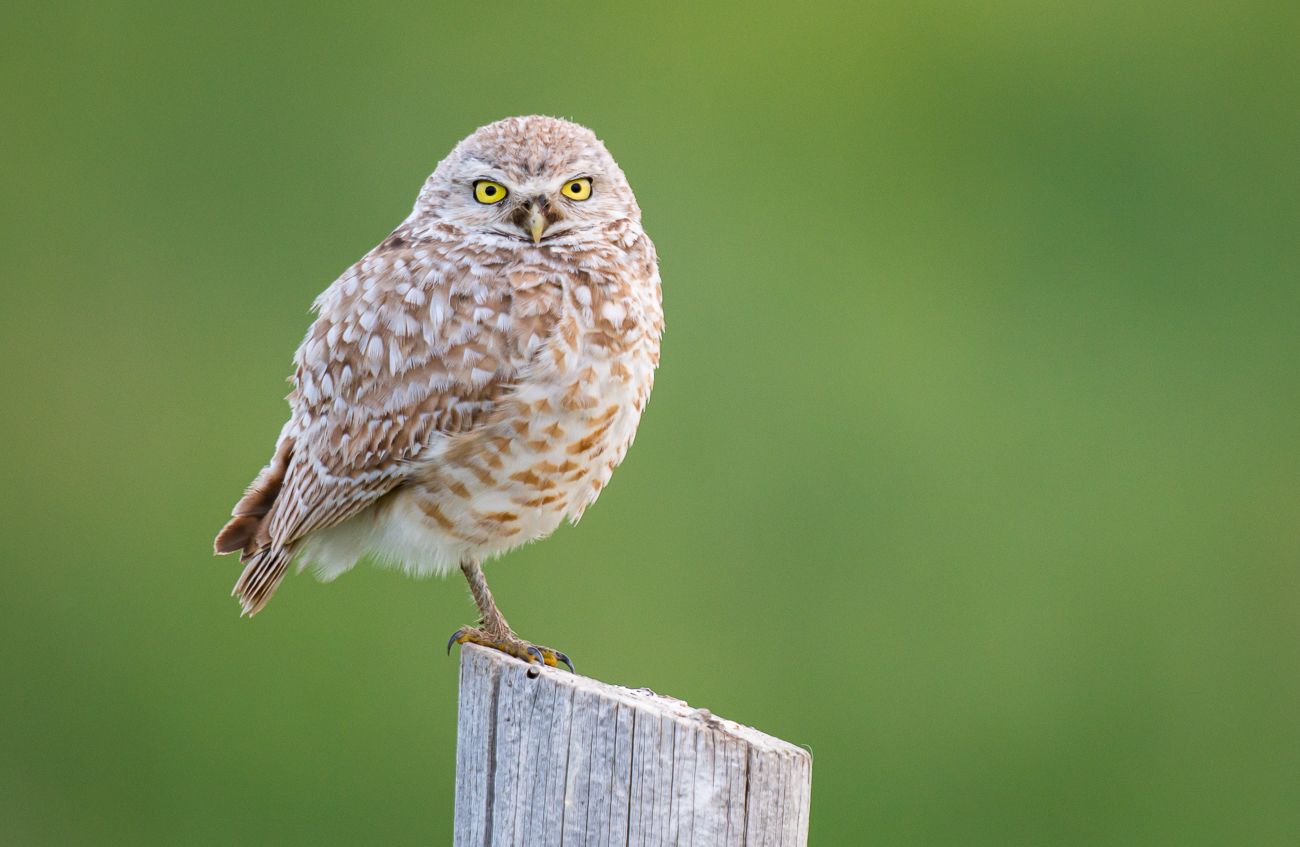 Whether you choose to pursue your idea for a better balance between people and nature or not, Ian says there is one thing he knows now that he wishes he knew at 15; one thing he wants you all to understand, no matter where your journey takes you.
Whether you choose to pursue your idea for a better balance between people and nature or not, Ian says there is one thing he knows now that he wishes he knew at 15; one thing he wants you all to understand, no matter where your journey takes you.
“Don’t let perfect be the enemy of the good. Good enough is really good. Like, getting really close is super important.
“Persist to a place where you’ve made your best contribution and resist this temptation to imagine that there is an idealized outcome or an expectation associated with what it is you’re supposed to do or contribute or bring about.
Ian says, “If I’d known that I would have had more courage. I would have just gone for it! Of all the different things that I took on, too often I held on for too long to the idea that I really had to get it right. No, you don’t. You bring your best self, assume good will in others and step out and make your contribution you can make. It unlocks all sorts of other things. Until you do it, you don’t really know it’s there.”
That’s important. And though you’ve heard this over and over, you really must hear it:
You are enough.
Your ideas are enough – they can turn life’s kaleidoscope and help us imagine new solutions.
Your dreams are enough – they might not work out exactly as you imagine today, but they can start you down a path of inquiry that will allow you to create a life of meaning.
And for life, for career, for mission – at every stage – there are people who want to help you.
Mentors and community leaders and wisdom holders like Dev Aujla and Aleem Bharwani and Myia Antone.
Funders and investors and champions like Ian Bird and Randall Howard and Jerry McGrath.
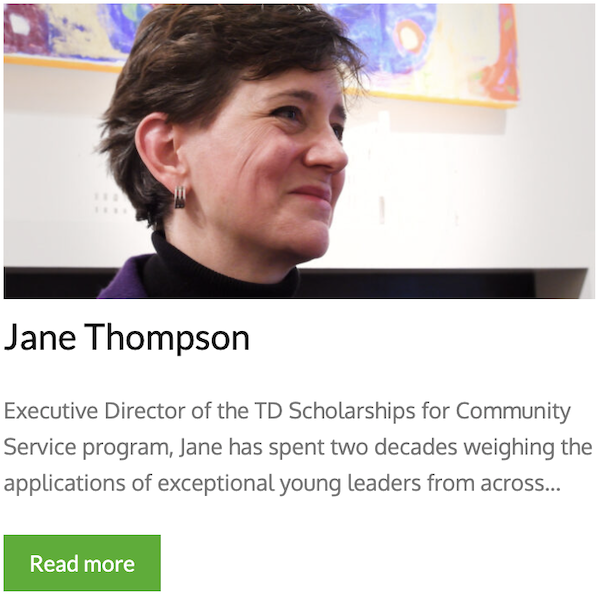 And, of course, people like Jane Thompson – the executive director of the TD Scholarship for Community Leadership.
And, of course, people like Jane Thompson – the executive director of the TD Scholarship for Community Leadership.
“Their job in life is to figure out what it is they bring to the planet.”
And what you bring to this planet? How you pursue your gift to advance your dreams and those you have for our world?
It might just be the key to receiving a scholarship that will allow you to aim even higher.
“It is not just the TD Scholars. It’s Loren Scholars. It’s all kinds of networks out there of folks doing this kind of stuff.”
The TD scholarship was established, in many ways, to help students like you working on ideas like those you’ve tackled in this class.
It’s goal, Jane tells us, was “to reward and incent volunteerism. But it has really evolved. What we found out – and it’s amazing – is this network of leaders that we have been enrolling in this scholarship program don’t do it for the reward. They do it because they can’t do anything else. They are so driven to make a change, and help their peers make that change, that they’re doing it anyway.”
And that’s why TD’s scholarship has changed over the years. It’s not just about helping cover the cost of education, but about fortifying rising leaders with what they need to succeed with their ideas and dreams, now and in the future.
“What we really want to make sure of is that we give them the tools so that, as they transition into their adult life, they can be as effective as they can possibly be. Because Canada and the world really, really needs effective leaders.
“Countries work best when really high functioning people leading in different sectors are all connected to each other and they can all talk to each other. So, when somebody who wants to save the spirit bear comes along, they know somebody in the government and they can call them up and say, ‘what’s going on here.’ Or when somebody who’s working on bullying knows somebody in the arts and can call them up and say, ‘how can I get a film made of this?’ It’s those connections we’re really encouraging and, of course, we think it’s a good idea if people get higher education along the way to do that.”
 Through the program, Jane has had a fantastic birds-eye view of, well, you – Canadian high school students.
Through the program, Jane has had a fantastic birds-eye view of, well, you – Canadian high school students.
“Young people really, really understand that it is up to them. And if they don’t understand when they get into high school, it’s pretty clear to them when they get out of high school. And I think for lots of different reasons, but they do have a real sense of agency. They understand that they can get their voice out there and they have a direct channel to other people and they can get a response. It’s really amazing.”
You are amazing.
Just realize – as you likely already know – to win a TD scholarship or to create a better balance between people and nature, you don’t have to launch an organization.
“If everybody thinks they have to start their own charity, we’re going to end up with way too many charities. You don’t have to start a whole new organization to win one of these scholarships. Some of the most impressive young people we see have found really, really interesting ways to innovate within existing organizations.”
In other words, if you feel you have an idea that can move us beyond polarity and balance the needs of people and nature – if you feel that your idea aligns with your passion and your skills and your dreams for your life and you want to use that alignment to take your idea further – do it. And know that scholarships like TD’s are available to help you build an even stronger foundation from which to excel.
“There are so few people who can actually stay motivated to do the kind of hard work necessary for something as abstract as a career path or a scholarship path. It is really got to be what moves you.”
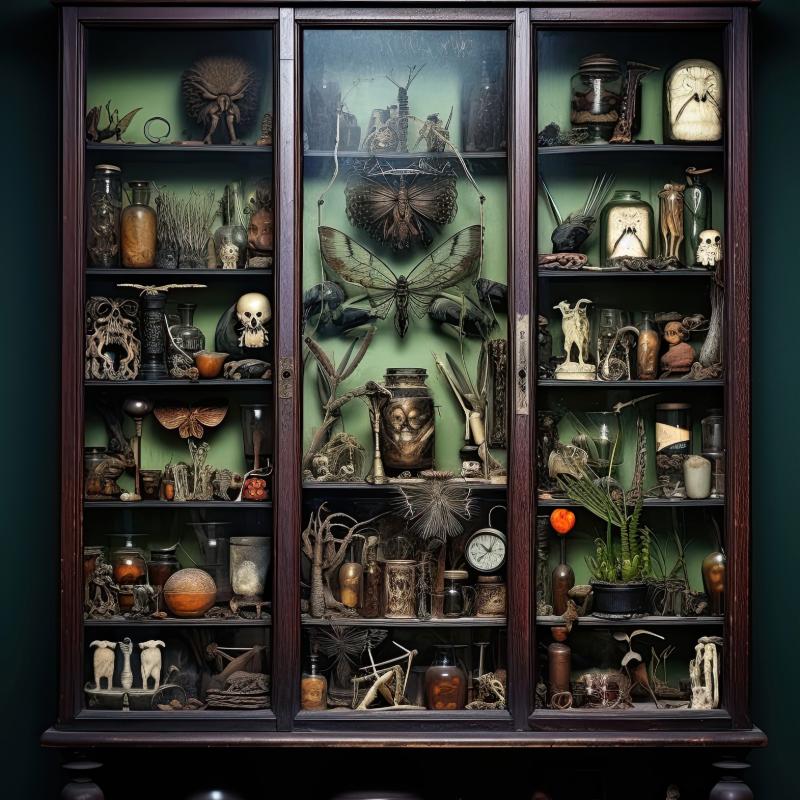
But if you haven’t found your passion – if this class was simply about learning to think more critically and explore your cabinet of curiosities – that’s more than okay too.
And know that individuals like Jane are here for you as well.
Each one of us has our own story and own journey and our own exploration to do. All that’s asked is that you try hard to find happiness and be thoughtful about how you’re impacting the world around you.
As Jane says, “That’s about on insisting on better futures.”
And better futures don’t necessarily start with prime ministers or scholarship recipients.
They start with tourism operators and bankers and hockey scouts and chefs and teachers and carvers and small business owners and loggers and engineers and journalists and community organizers and veterinarians and nurses and everyone in between.
In other words, better futures for all life start with you and that’s why the one thing Jane wants every 15-year-old to know is this:
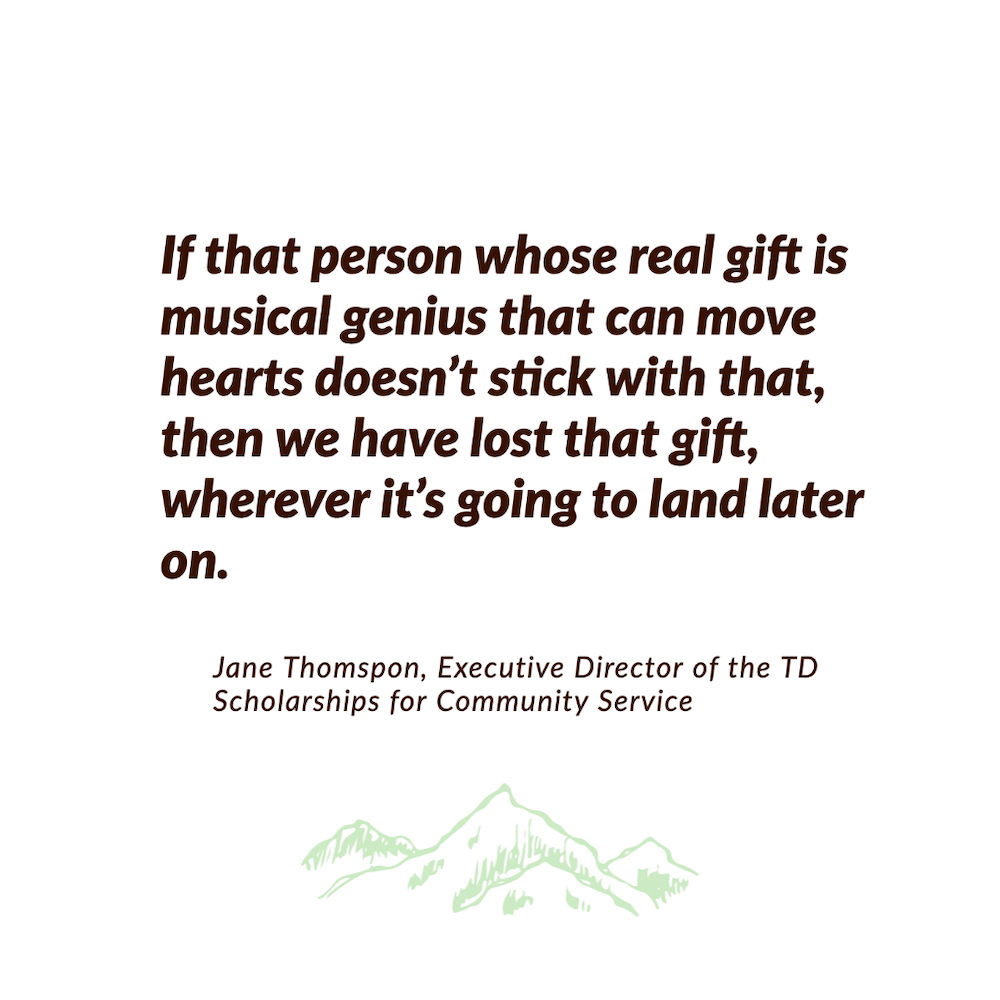 “You might think, ‘I’m over here and I love music. And I just think singing is the thing that I should be doing, but what good is that doing anybody?’ Well, they can’t tell that 10 years down the road that they’re going to write a song that is going to transform people’s understanding of an issue. If that person whose real gift is musical genius – that can move hearts – doesn’t stick with that, then we have lost that gift, wherever it’s going to land later on.
“You might think, ‘I’m over here and I love music. And I just think singing is the thing that I should be doing, but what good is that doing anybody?’ Well, they can’t tell that 10 years down the road that they’re going to write a song that is going to transform people’s understanding of an issue. If that person whose real gift is musical genius – that can move hearts – doesn’t stick with that, then we have lost that gift, wherever it’s going to land later on.
“So that’s really my advice to students. Stay in school as long as you can. And for some people, that’s going to be until they’re 16 and, for some people, it’s going to be postgraduate work. It’s not the same for everybody. But learn as much as you can from the resources that are available to you. Listen to your passions. Vote. Every single time you have an opportunity to vote for an elected official, get yourself out there and do it. People died for the right to vote.
“The other thing is, I’m trained as a historian. It’s one of the things that makes me optimistic. Because as much as we’re in trouble on a bunch of fronts, we have made such progress in human history. And democracy is a miracle. And it’s really under threat right now in a lot of different ways. But I think if we have got it this far, we’re going to win in the end.”